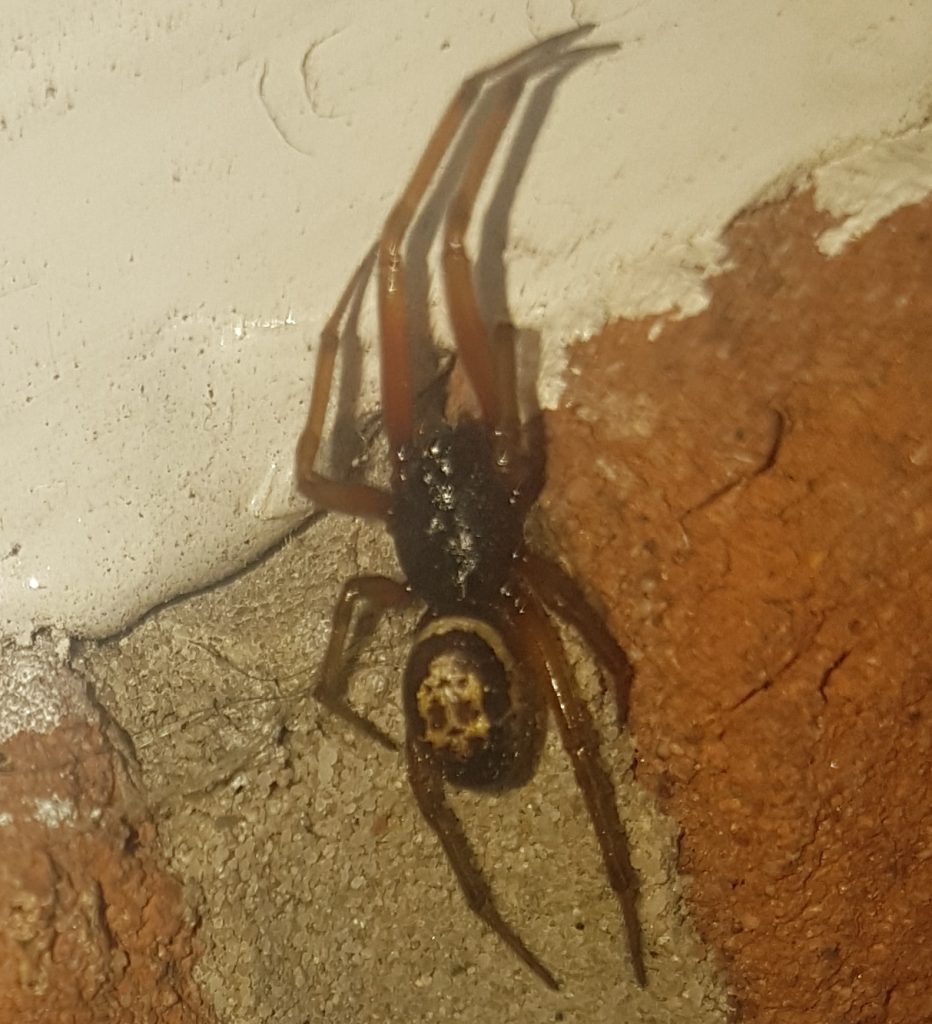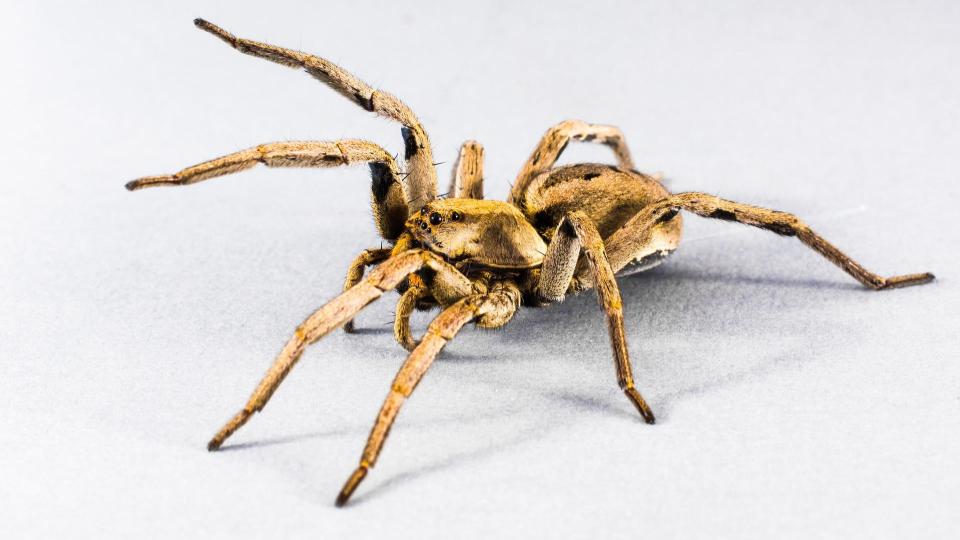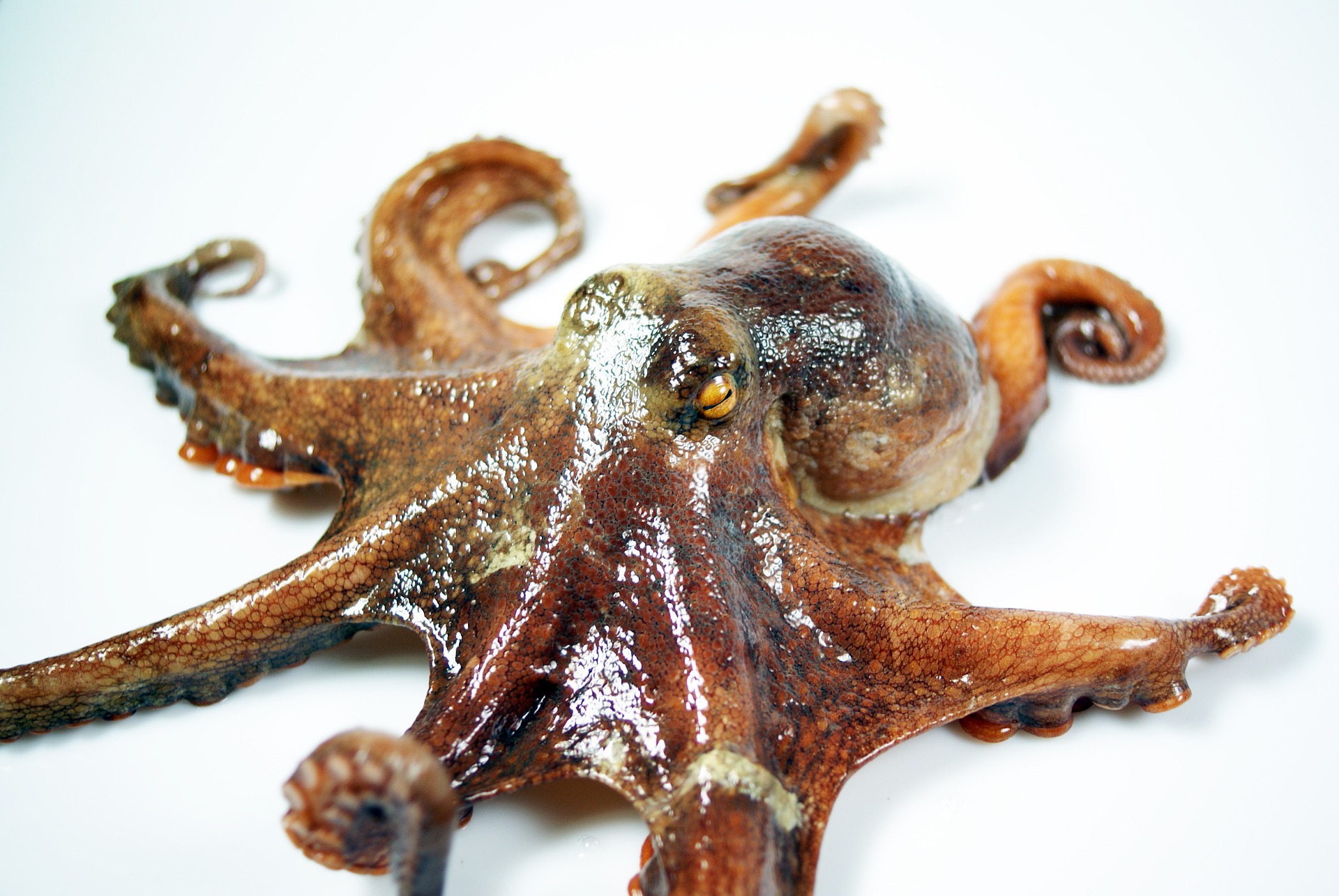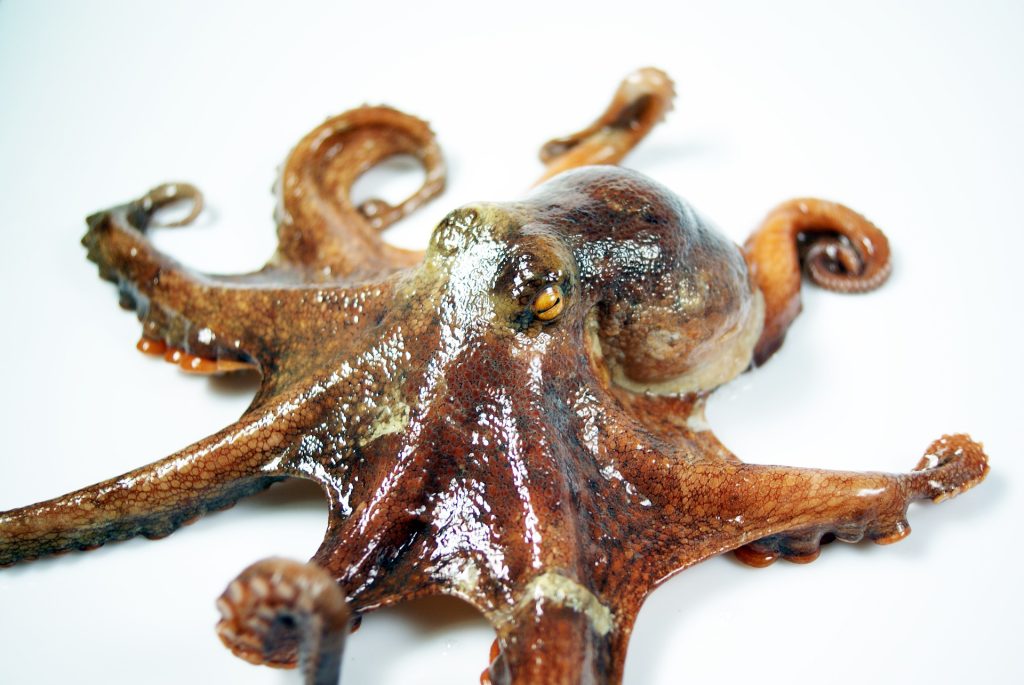VENOMOUS spiders are set to enter our homes and BREED over the next few weeks, experts have warned.
Brits are being urged to stock up on medication to treat bites from false widows – which could be deadly.
St John Ambulance put out the stark warning as temperatures are set to drop now summer is over.
It said spiders will move into our houses to warm up, mate and multiply.















